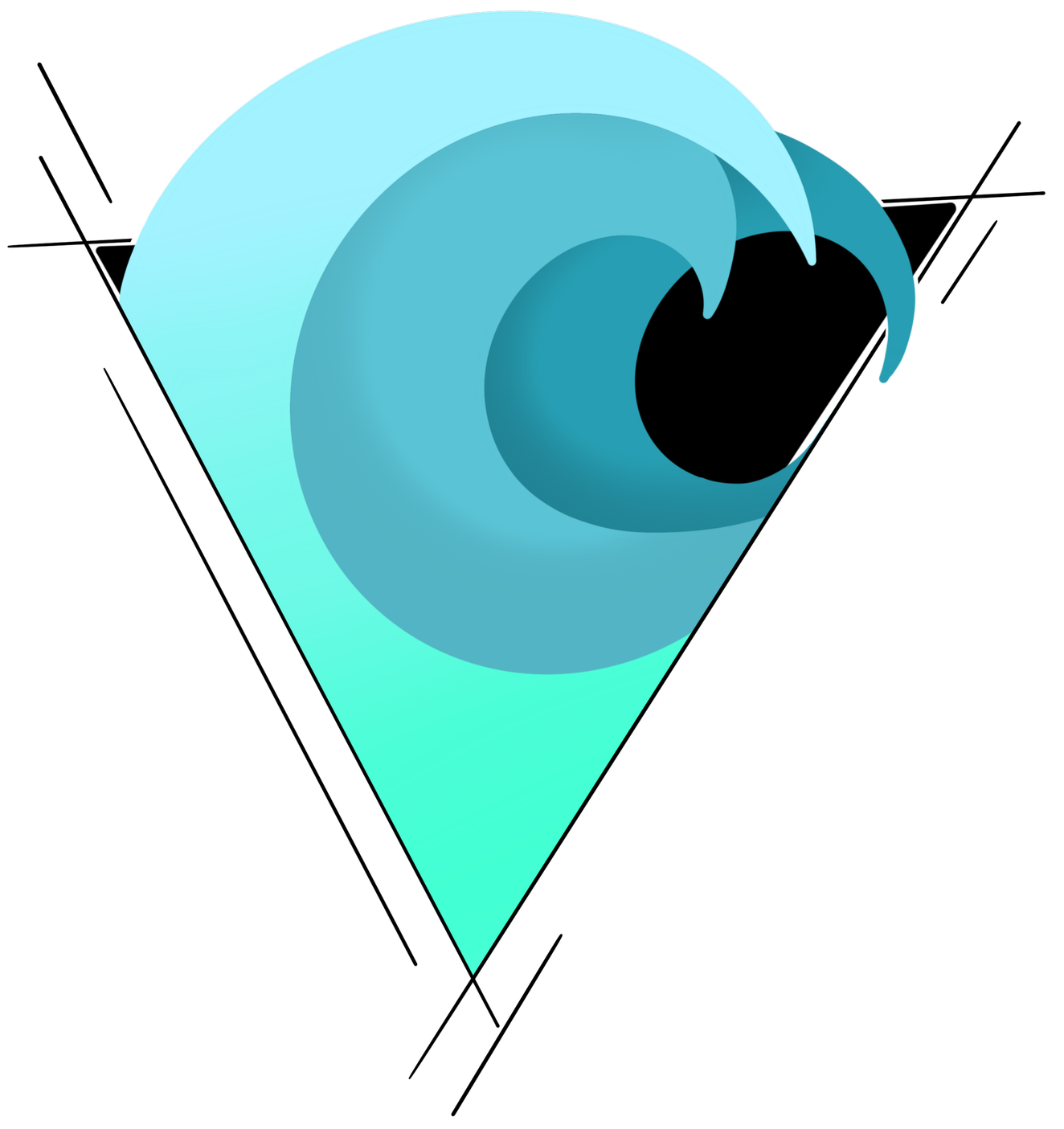
Frequently Asked Questions
Why do I need Marine Team?
Working in an underwater studio or on the water on location can not only be very expensive, but dangerous and very time consuming. Having experts involved that work in the industry and on the water on a daily basis can ensure an efficient shoot schedule can be achieved.
How early should you be engaged?
We have been pulled in during a shoot (which was being filmed on the water), and we have also been engaged when the initial project conversations are conducted. We can add the most value to your production if we are engaged early, even if it is just to provide advice/ be on the end of the phone.
How much will it cost?
It all begins with an idea. Maybe you want to launch a business. Maybe you want to turn a hobby into something more. Or maybe you have a creative project to share with the world. Whatever it is, the way you tell your story online can make all the difference.
What rules/ legislation governs your processes?
When diving we work under the Media ACOP: Diving at Work Regulations 1997. Approved Code of Practice and guidance.
Free PDF copy: https://www.hse.gov.uk/pubns/books/l106.htm
The director is a Padi diver, can he come under with the cast?
To be paid to work under the water, our divers are all HSE Commercial scuba divers. The cast can circumvent this commercial training by having a Part 4 diving medical and as their work is ‘acting’ and not diving, under Marine Team divers and the Diving supervisor, they can dive on screen.
We have cast our lead, they are uncomfortable in the water, what can we do?
Marine Team have a lot of expertise in cast training, we have trained non swimmer to not only be comfortable in the water, but film open water scenes in the ocean. We also provide a full training scheme to take a non diver through to being self sufficient on a scuba set (with our safety divers meters away).
We would like our cast to drive the boat, is this possible?
Absolutely. We can do some training with the cast, and for safety reasons we would like to leave one of our coxswains on board to take the helm between scenes. We are very used to hiding our crew on board the boats out of shot.
We have no idea what location to use for our scene, can you assist?
Certainly, we can help with this. We can work closely with the locations department, taking into account the desired shots, whilst also using out knowledge of the water; wind, tide, swell, current. Having a maritime adviser involved early with a project can help to avoid potential problems in the future. We have the knowledge and equipment to survey under the water to ensure what is being proposed is possible. We can conduct these surveys whilst on our recce with production.
We are at the budgets stage of our production, can you assist us to price the shoot?
We can help you put together the budgets, if you provide us with the desired scenes/ shots, we can give you some specific numbers for us to achieve this safely and if diving, in line with the Media Diving ACOP.
We don’t know if we want out cast/ stunt team to use diving equipment for an underwater scene, what is your advice?
We can talk you through the pros and cons of shooting the scenes on breath hold (free diving), on scuba sets, or catch and release from our safety divers (cast use our air supply and remove for each take). We have worked many times with the techniques listed above, and a combination of all.
Free diving can save money on dive equipment for cast and stunts, but can be very slow to film, especially with multiple people in the water with different lung capacities.
Scuba can be an added training burden on your cast/ stunts team, but can allow an efficient shooting period, and this more relaxed approach (cast can breathe) can allow for more focus on acting.
Catch and release requires less training for the cast, but can be a stressful working enviroment for all involved.
